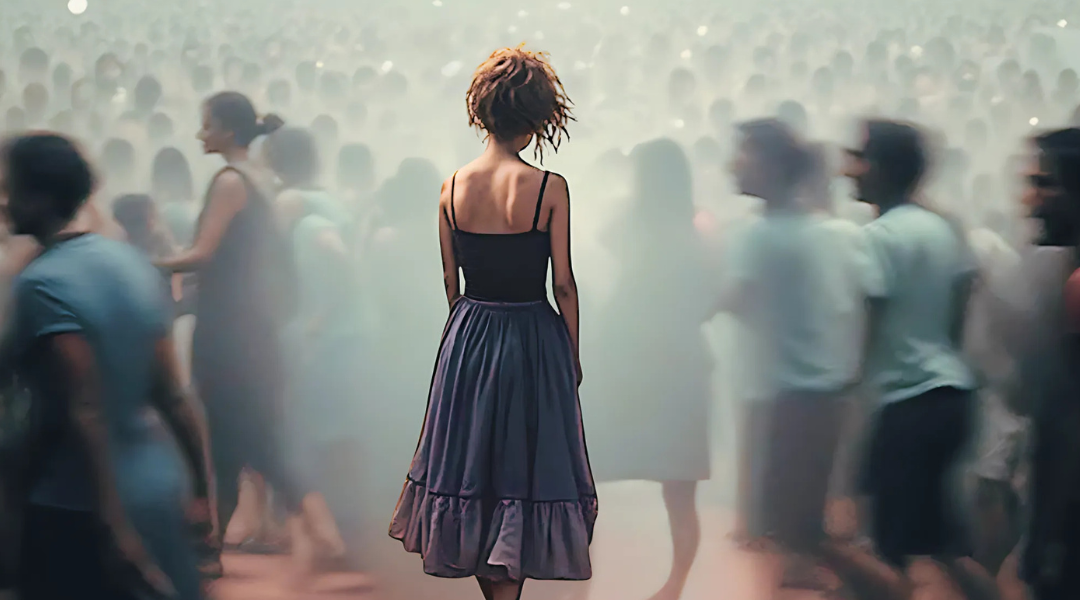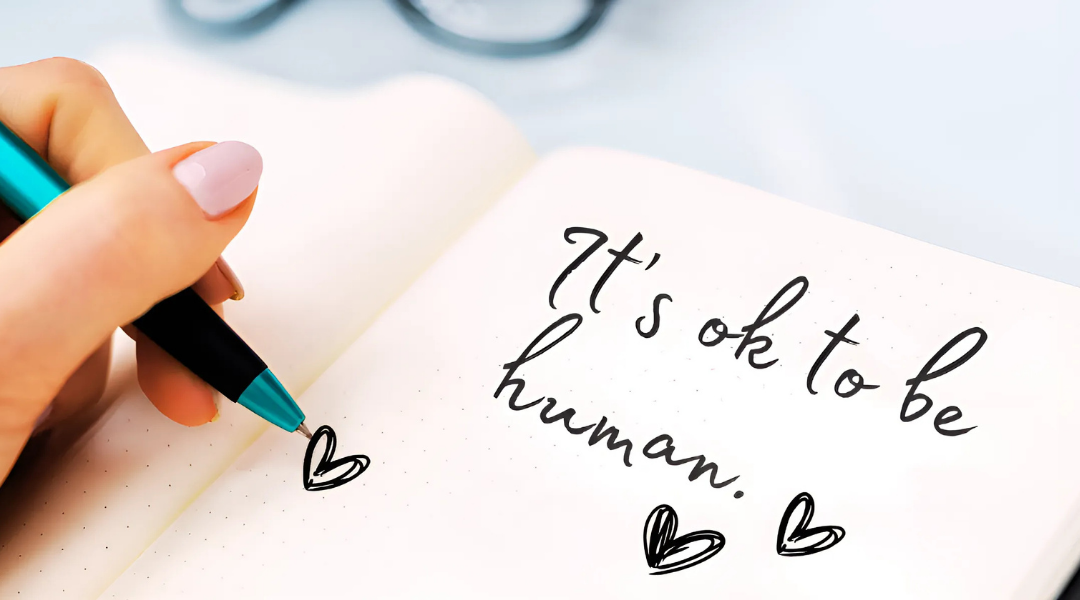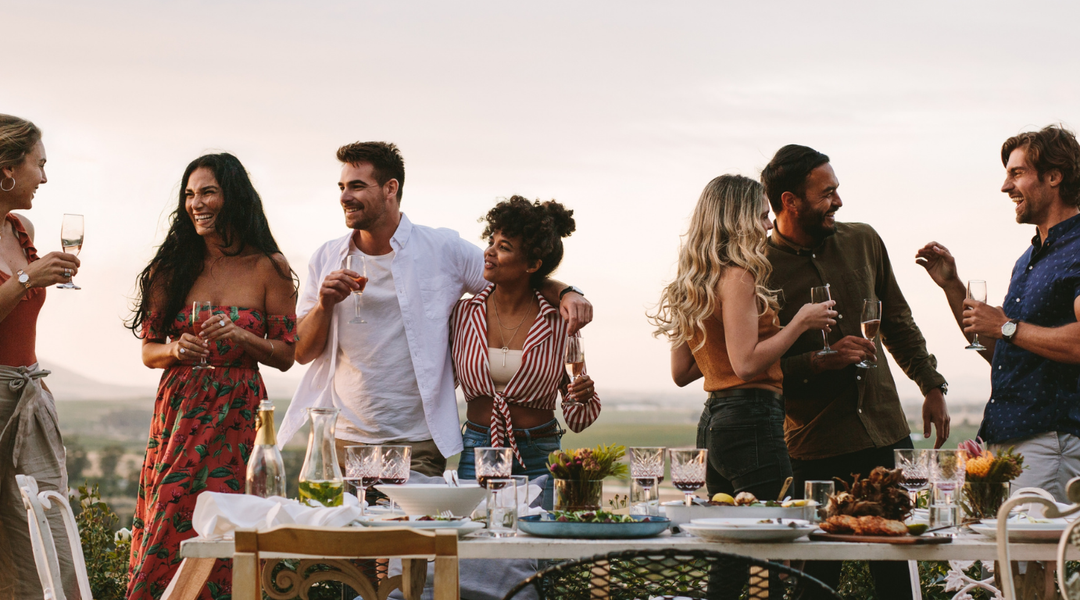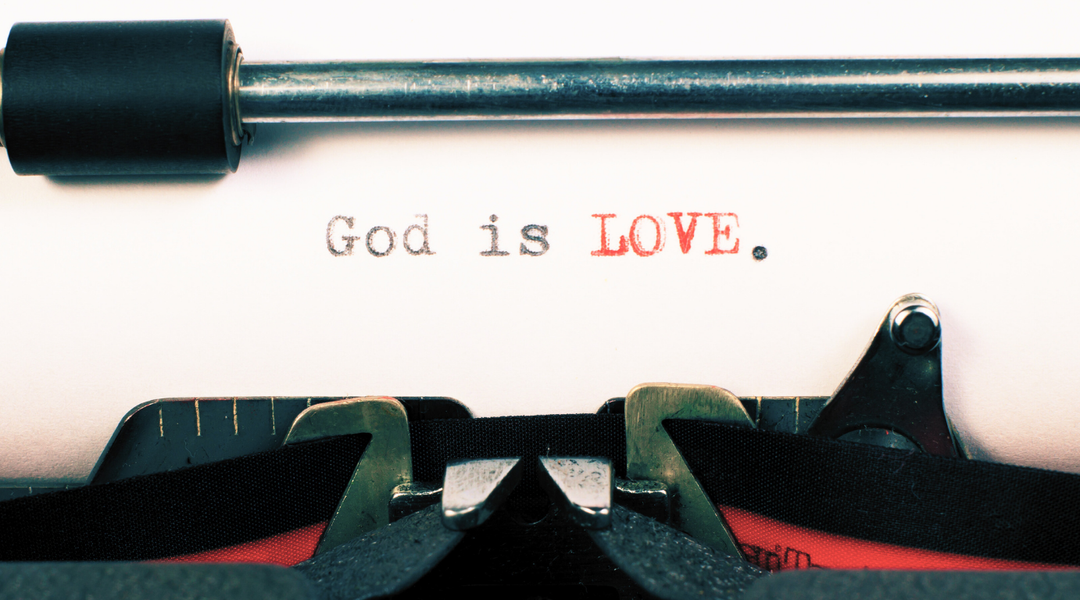A Life of Isolation
Growing up amidst continual trauma, I learned to survive, not to belong.
I always felt like an outsider, watching from the edges as everyone else moved through life effortlessly belonging. Perhaps being adopted added to this feeling … a quiet, persistent question of where I truly belong.
I longed for deep connections, to be truly seen and valued, to feel real to those around me. But no matter how much I yearned for it, connection always felt just out of reach. Over time, I began to believe that I didn’t belong anywhere, that there was no space for me to be fully myself.
This belief that I didn’t belong became my truth, and I lived as though it were the only reality.
The Cost of Loneliness
That belief shaped everything.
It dictated the relationships I had, the way I let people treat me, and the way I saw myself. I accepted friendships with people who only kept me around for what they could take from me. I allowed people to cross my boundaries, use me, and hurt me all because I thought that was the cost of being included.
If I wasn’t worthy of true connection, then at least I could be useful.
My friendships were built on imbalance. My relationships were built on betrayal. I surrounded myself with people who saw me as less than, and because I believed I was, I let them. Boyfriends cheated. Friends stole. And every day, I woke up with a hollow ache that told me I was alone, even when I wasn’t.
The weight of it all was unbearable. Drugs became my great escape. They dulled the loneliness, blurred the reality of my existence, and for a moment, I didn’t have to feel how deeply disconnected I was from the world around me. But even in that haze, the longing for real connection never disappeared.
Breaking the Cycle
Then, when I was 30, my mom died and something shifted. The code that had governed my entire existence began to crack. Being separated from her forced me to consider a possibility I had never allowed myself to believe: maybe, just maybe, what she had said about me wasn’t the full truth.
It was time to confront the demons of my mother.
Her vindictive nature hadn’t just fractured our relationship; it had created deep divides within our entire family. Her anger and desire for revenge at one time were directed at her sisters, and as a result, the aunts and uncles who had once been a constant presence in my life were suddenly erased. We were expected to act as if they were strangers, as if their love and presence had never mattered.
Through therapy, I began to understand that connection and belonging didn’t mean I have to remain tethered to people simply because I always had. It didn’t have to be rooted in blood. And just because my biological family wasn’t a tangible option, that didn’t mean I was destined to be alone.
I had the chance to seek out where I truly belonged. The world was vast, filled with people who could become my tribe.
And so, I began my search.
Finding My Chosen Family
I can’t always explain to those who come from families with unconditional love why friendships mean as much to me as family … but they do.
Over the past 20 years, I have had the privilege of calling the most incredible people my friends. I have found people who see me for exactly who I am … all of me. The messy, the loud, the broken. The kind, the silly, the driven. Every part of me.
And each of them brings something into my life that I couldn’t live without.
They show up. Not out of obligation, but because they genuinely care. They’re at my kids’ games and baptisms, cheering just as loudly as if they were bound to us by blood. They carve out time for standing get-togethers, making sure we stay connected no matter how busy life gets. They champion every business venture I take on, celebrating my wins and encouraging me through the setbacks.
And when I suffered my brain injury, they were there. Driving me to appointments. Sitting beside me in the hardest moments. Believing in my recovery even when I struggled to believe in it myself. Unlike the past, where love often felt conditional, their support came without expectations, without judgment … only unwavering presence.
They love me, not because they have to, but because they choose to.
With every new step alongside my tribe, my heart has come to understand what it means to belong. What it means to be truly seen and still loved. I never worry that I am too much or unwanted with them. I know that we are equally valued in each other’s lives.
But this hasn’t always been easy.
Romantic relationships have often been strained by this bond. Most people understand the importance of family, but how do you explain that my friends are my family? That there isn’t some kind of hidden agenda? That I need them as much as you need your mom or brother.
My friends are my brothers, sisters, mothers & fathers. Our love is familial.
For some partners, this was too much to accept. Some relationships didn’t survive, because I could not … I would not … give up my support system, my lifeline, my chosen family.
The Power of Connection
Science and faith both affirm what we instinctively know: we are not meant to exist in isolation.
Studies show that human connection improves mental health, increases longevity, and strengthens resilience. The human brain is wired for belonging; social bonds reduce stress, regulate emotions, and even contribute to physical healing. We thrive when we are supported, seen, and valued within a community.
I have experienced this firsthand.
When I was at my lowest, disconnected from myself and the world, it was my friends who became my lifeline. The people who showed up for me, time and time again, through my darkest days. They helped me move, showed up in moments of crisis, and, more than that, wanted to spend time with me simply because they enjoyed my presence. They reminded me that I was worth something even when I couldn’t see it for myself. When I felt like giving up, it was their unwavering presence that pulled me back.
Biblically, connection is the very foundation of creation. We are called to love one another, to bear each other’s burdens, and to live in fellowship. Jesus himself modeled the power of community, surrounding himself with people who walked with him, supported him, and carried his message forward.
There is a reason we heal better together.
Studies have shown that people who have strong social connections recover from trauma more effectively, have lower rates of anxiety and depression, and even heal faster from physical illness. Love, encouragement, and belonging are not just emotional needs; they are biological and spiritual necessities.
Healing isn’t just about overcoming the past … it’s about discovering where we truly belong.
Together, We Heal
I used to think being strong meant handling everything on my own. That if I could just learn to not need anyone, I would be ok.
But the truth is, individually, we survive. Together, we thrive.
We heal in relationships, in the spaces where we are fully known and still fully loved. When we embrace true connection, we become stronger, not just as individuals, but as a collective. We lift each other. We carry each other. And we remind each other that we are never alone.
True connection is not just a luxury; it is essential.
And when we allow ourselves to step into spaces where love and belonging exist, we don’t just heal … we are transformed.
“When two givers indulge in a connection, it’s like magic. It’s alchemy. I water you, you water me. We never drain each other; we just grow.”
Your Turn to Reflect
What struggles have shaped the way you connect with others? Have you had to unlearn beliefs about love, friendship, or belonging? If you feel safe, share your thoughts below—or simply hold this truth close: Your past does not define your ability to belong. You are worthy of connection, of love, and of a place where you are seen and valued.





